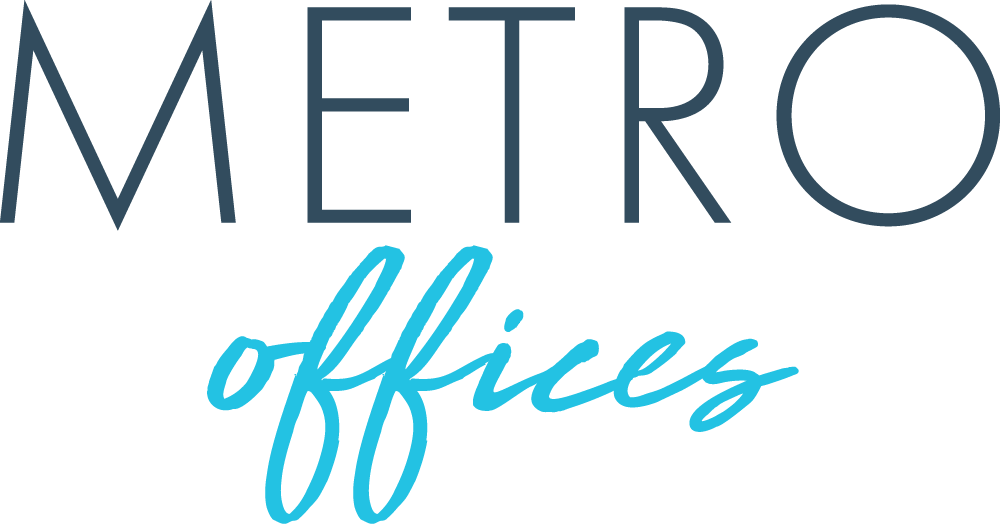Recent Posts
- Cost Comparison: Coworking Space vs. Traditional Office – Which is More Economical?
- What is a Virtual Office? A Definitive Guide for Modern Businesses
- Unlocking Productivity: The Advantages of a Dedicated Desk in Metro Offices
- Top Mistakes to Avoid When Renting a Private Office Space
- An Interview with Metro Offices Founder, Kathlene Buchanan
Categories
- Boost Productivity With Private Offices (14)
- Engage and Empower Your Remote Employees (13)
- Escape Distractions: Rent a Private Office! (5)
- Grow Your Business and Network as an Entrepreneur (29)
- Host Impressive Virtual Events in Our Office Spaces (25)
- Level up Your Business as a Solopreneur (13)
- Maximize Productivity in Your Office Space (1,171)
- Startup (9)
- Unlock Productivity Secrets Now! (1)
- Unlock Your Productivity Potential (21)
- Wellness (31)
- Workspaces (38)
NEED HELP?
Review
451 reviews ★ 4.9 average








